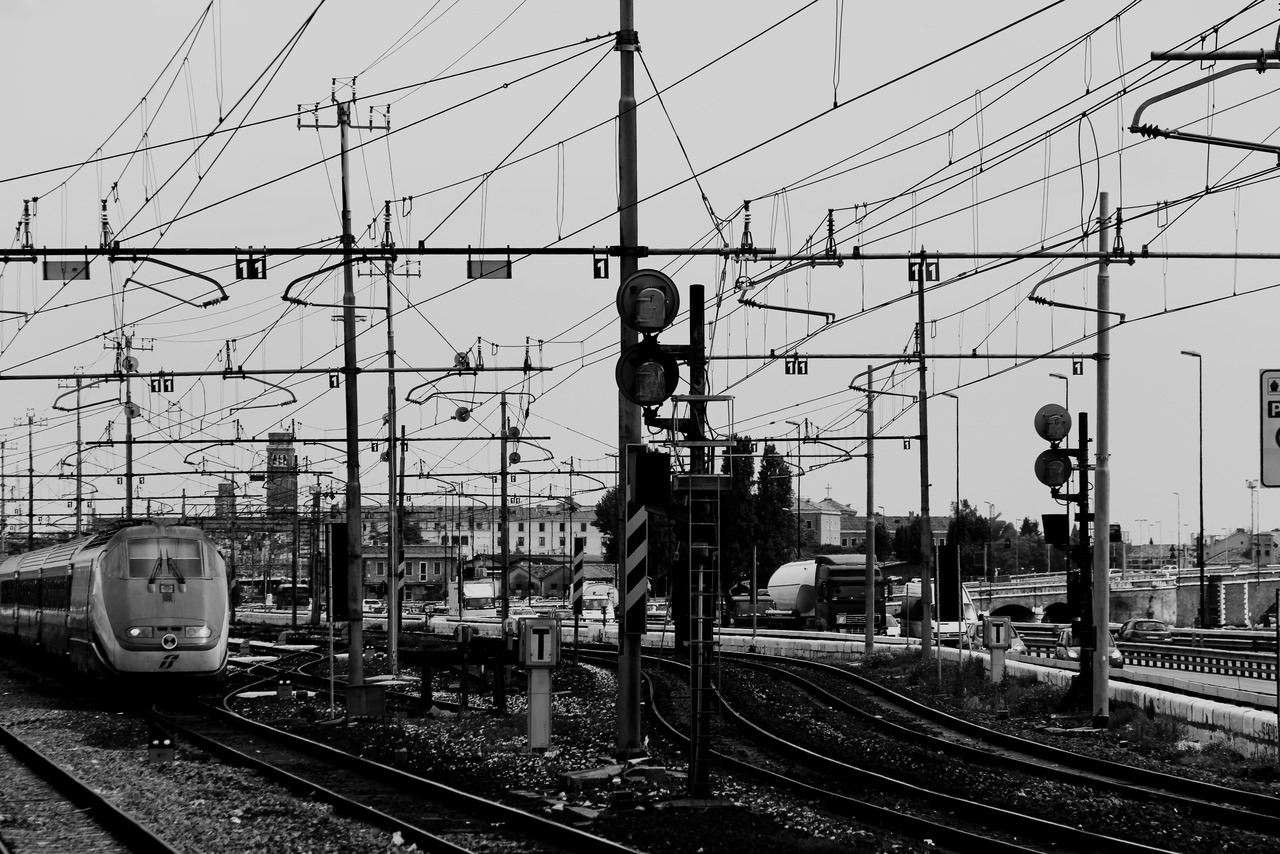Image by Steven Depolo under Creative Commons License
The question I get asked the most is "When travelling, should I use cash, credit card or debit card?"
Cash is accepted everywhere
It's important to remember that regardless of where you travel, the surest most certain form of value exchange is the US dollar. For every trip, I always make sure I have a comfortable amount of US dollars in various denominations spread out throughout me (you never want to pull out a wad of cash in the middle of the street in a foreign country. In many countries cash is the only way to pay for basic commodity services (like taxi, tipping and even some non-hotel restaurants).
Often times cash is the surest way to negotiate the best price on items you want to buy (from a store or street vendor).
Carry or withdraw cash
The next question is "should I convert all the cash in my home country or withdraw once there?" First make sure your debit card is part of one of the larger worldwide networks. Once you've validated this, make sure the location you are visiting has internationally connected ATMs. On one of my trips (to the Philippines) the only internationally connected ATMs where at the airport. Once you travelled to the other cities, you could no longer withdraw money from any of the available ATMs (because those banks where not connected to the international networks), It would have been a huge inconvenience if I hadn't planned and was stuck without money and couldn't withdraw. So plan, plan, plan.
In some cases, hotels may be willing to charge your credit card and give you cash (for a fee) so this may be your only choice if your stuck because of bad planning.
Safety first so only use ATMs in public highly visible areas ideally inside a national bank. Thieves are everywhere and they love stealing from cash rich, security unconscious foreign travellers.
I find that I get the best rates when I withdraw local currency in-country using a big national bank connected to the international banking network. Remember that your bank will also charge you a per transaction fee plus an additional fee for use of the international banking network so make sure you pull out enough money to get you through your trip (don't make small withdrawals).
“If something goes wrong with the transaction and the foreign banks ATM “eats” your card, you will be out of luck and won’t be able to get a replacement until you get back home.”
The second best rates can be obtained from your own bank in country but most banks require that you "order" the foreign currency ahead of time.
Credit Cards are safe
The shortcoming of cash is that it can be easily stollen and once taken cannot be easily recovered. This is where credit cards come in. If you stick with Mastercard or Visa, you have a very good chance your credit cards will be accepted in major developed countries.
Remember though that not all cities in all countries will accept credit cards. As an example the major cities in China will accept credit cards but many of the smaller villages won't. So plan your trip and check ahead of time.
The advantage of using credit cards is that it offers a decent amount of fraud protection, you can have a replacement sent if your card is stollen and you are less at risk of getting robbed.
“Some issuers refuse to send replacement cards to any address except the one listed on your account. I find American Express to be the most travel friendly but has limited acceptance overseas,”
In addition to the limited acceptance, you may also be subject to high currency conversion fees. Make sure you check the terms of your card before using it overseas.
Don't forget to notify the issuer that you will be travelling so that their fraud tools don't automatically cancel your card leaving you stranded.
Know the exchange rate
Before you head out, make sure you check out what the currency exchange rates are for your destination currency versus your home currency. I like Oanda.com because their currency converter also provides typically conversion premiums
Oanda also provides a little traveller cheat sheet (based on the spot market rate plus the extra % you choose for the charge drop down list) that you can print and carry in your wallet for quick conversions. For this example I generated a USD/EUR cheat sheet using the +/- 3% rate
Security Security Security
Always plan to be safe and secure. Nothing ruins a trip like having your money, credit cards or passport stollen. Sure they are replaceable but you may end up spending your entire trip running between police stations, the embassy and banks.
I strongly recommend that you travel with a security minded travel bad (handbag, sling, backpack, etc). My favourite security minded travel gear manufacturer has been (for over 4 years) and is still PacSafe (link).
Then read my articles on staying safe in hotels. You can start your reading with part 1 (link), part 2 (link), part 3 (link) and part 4 (link).
Read my article about Travel Tips when Travelling Alone (link).



